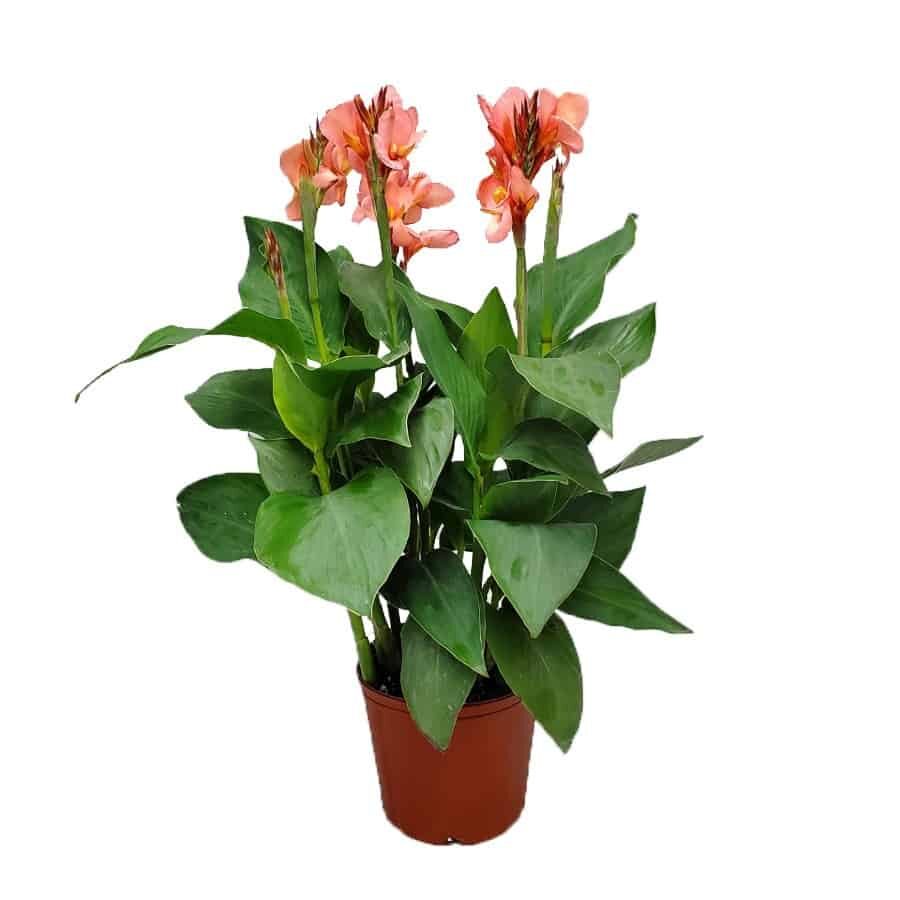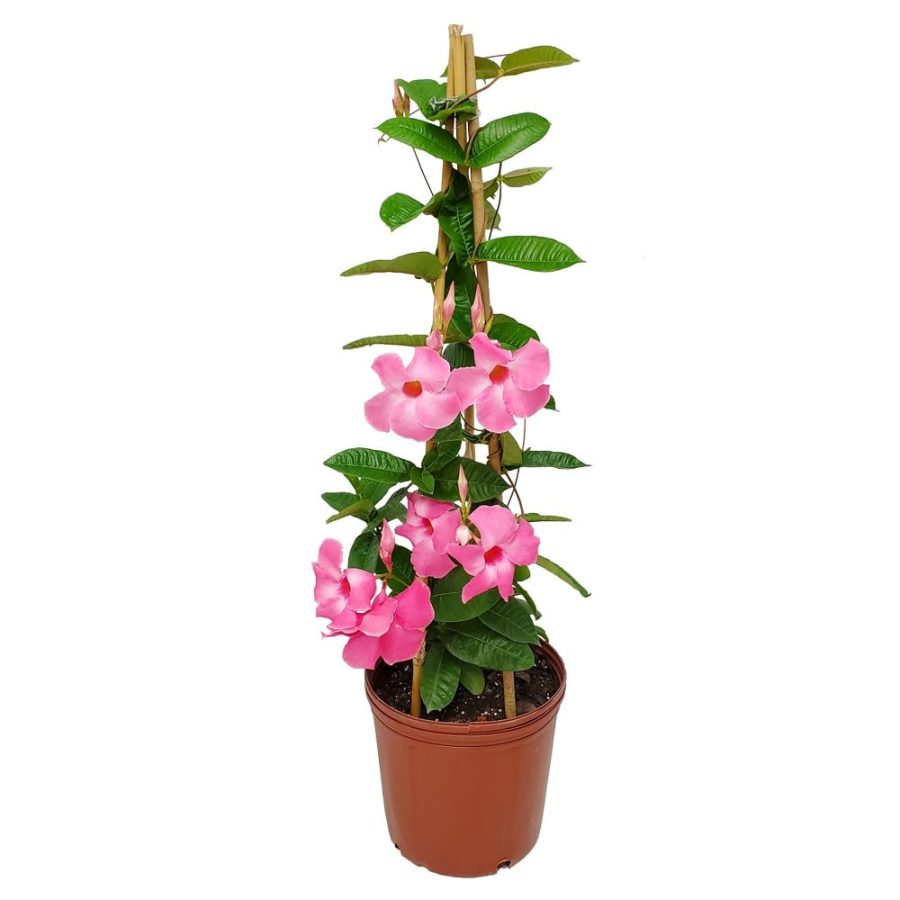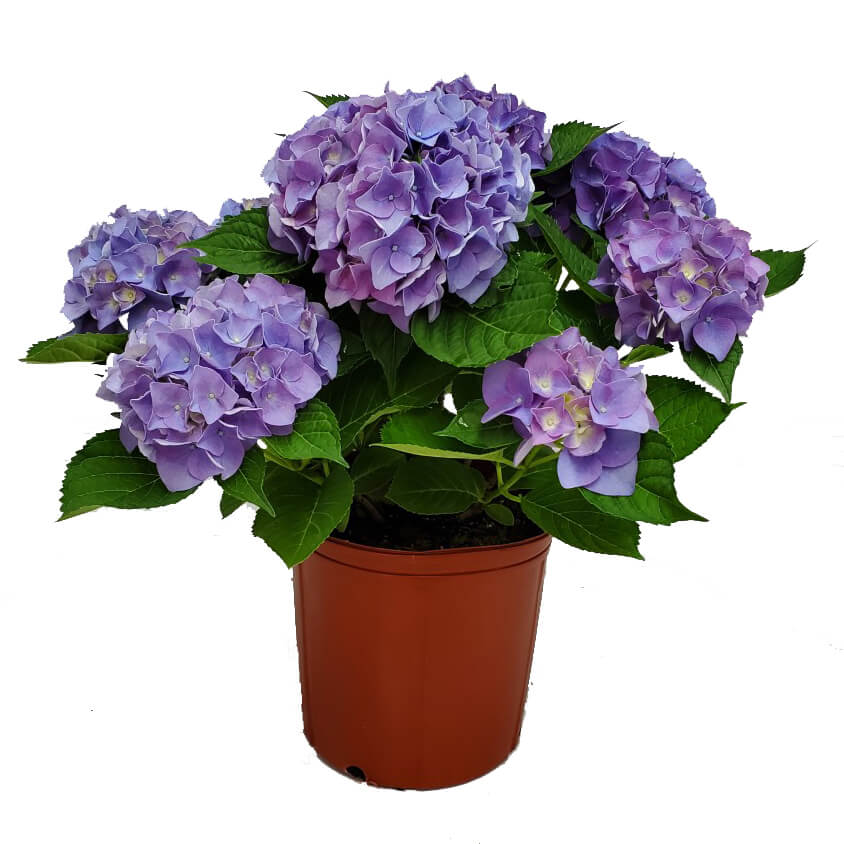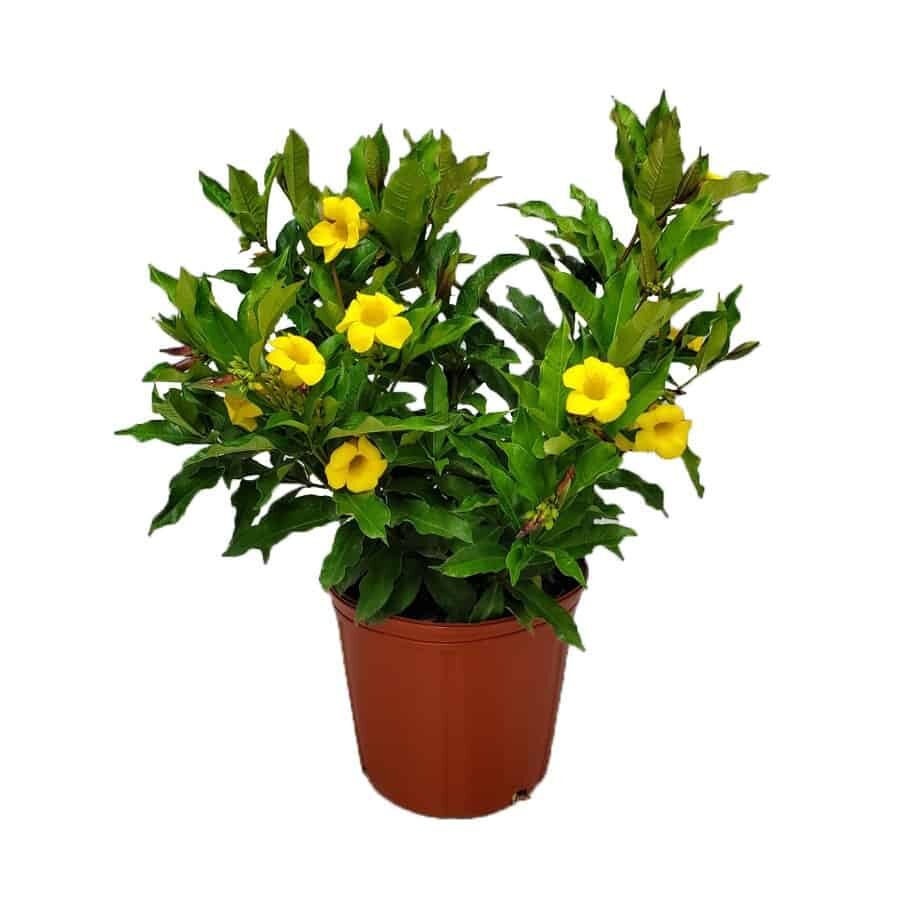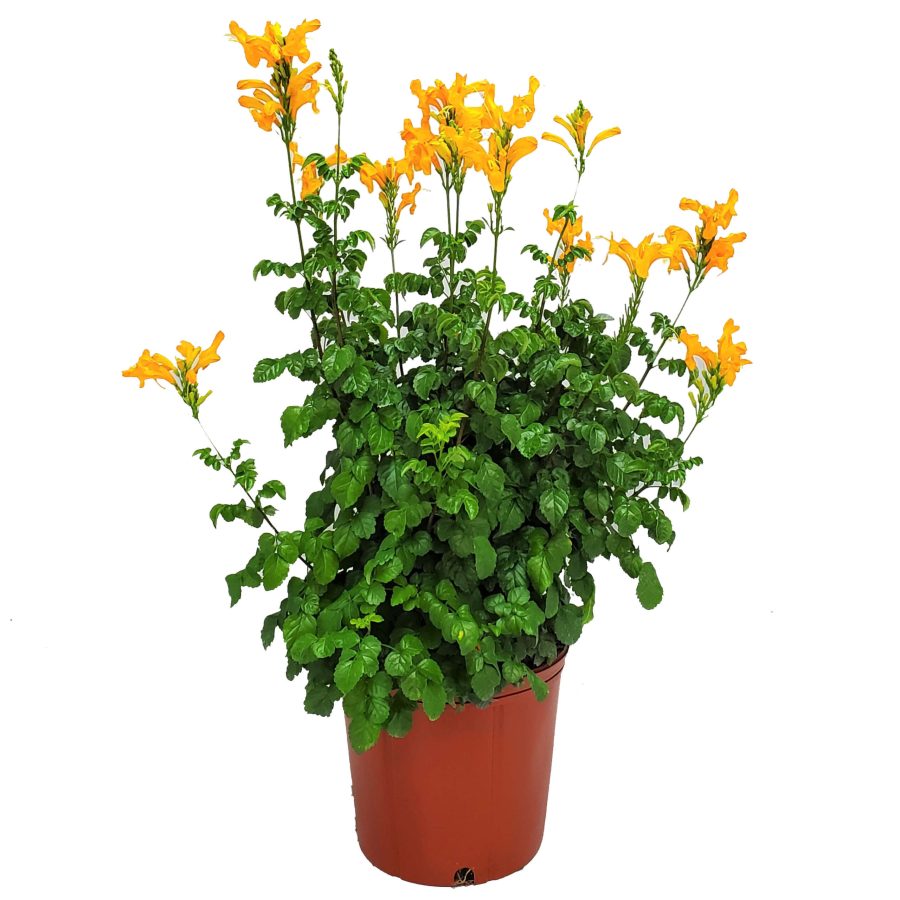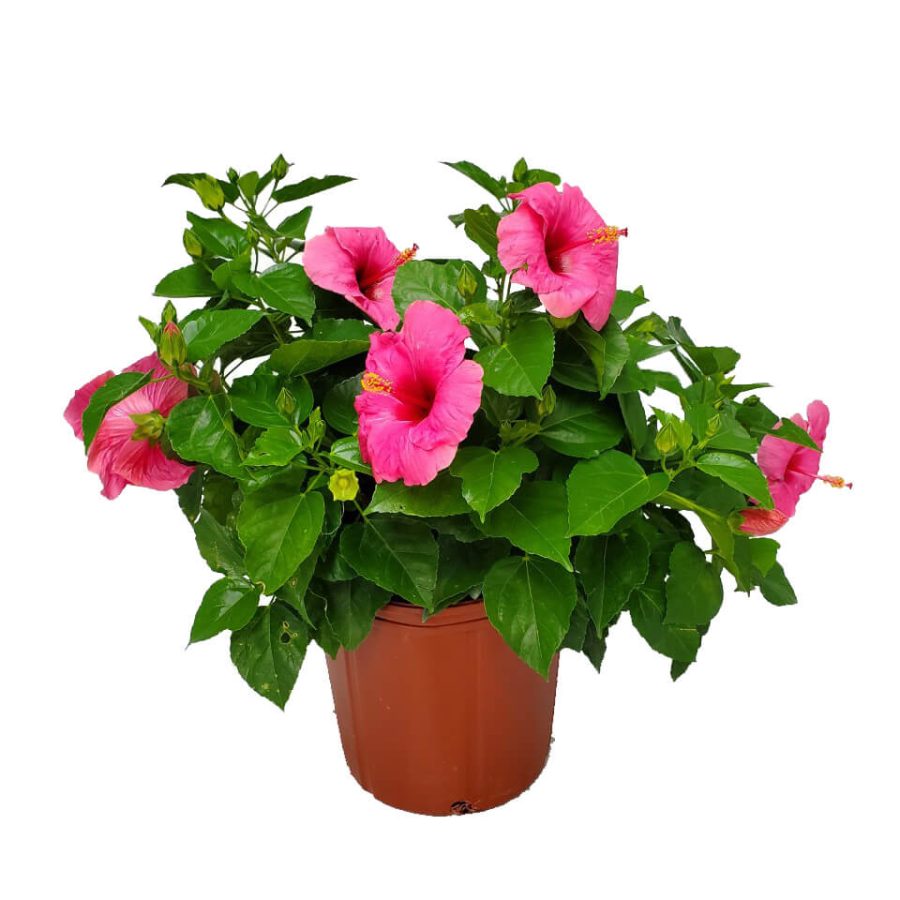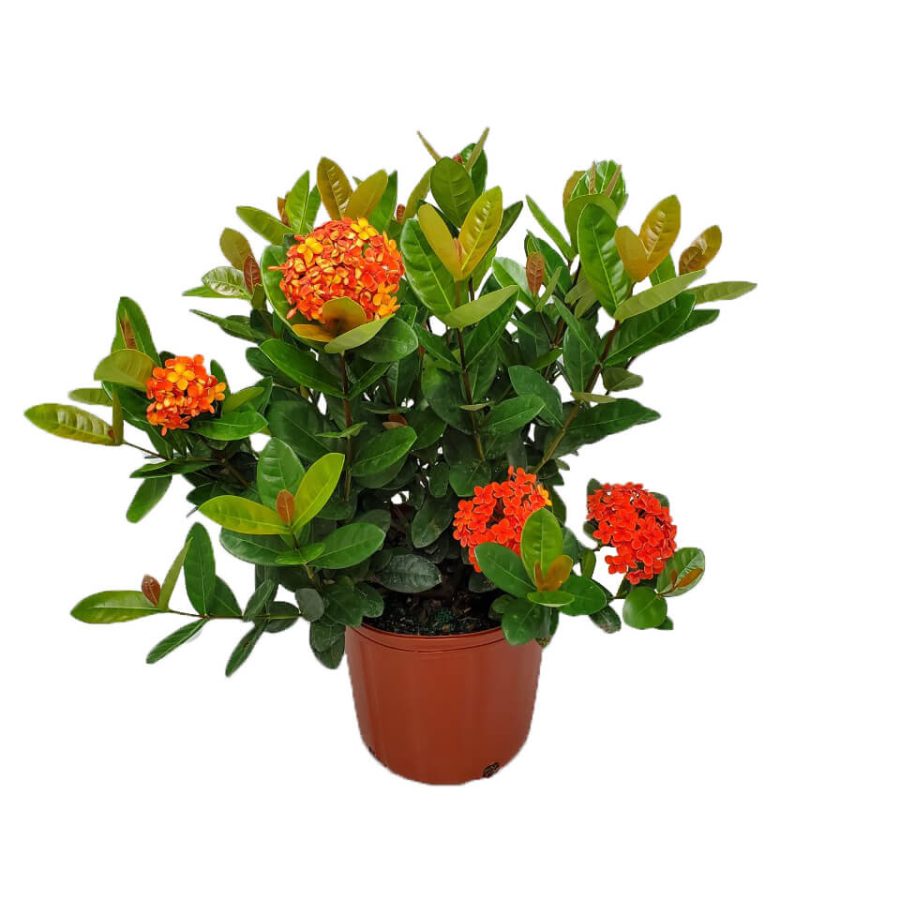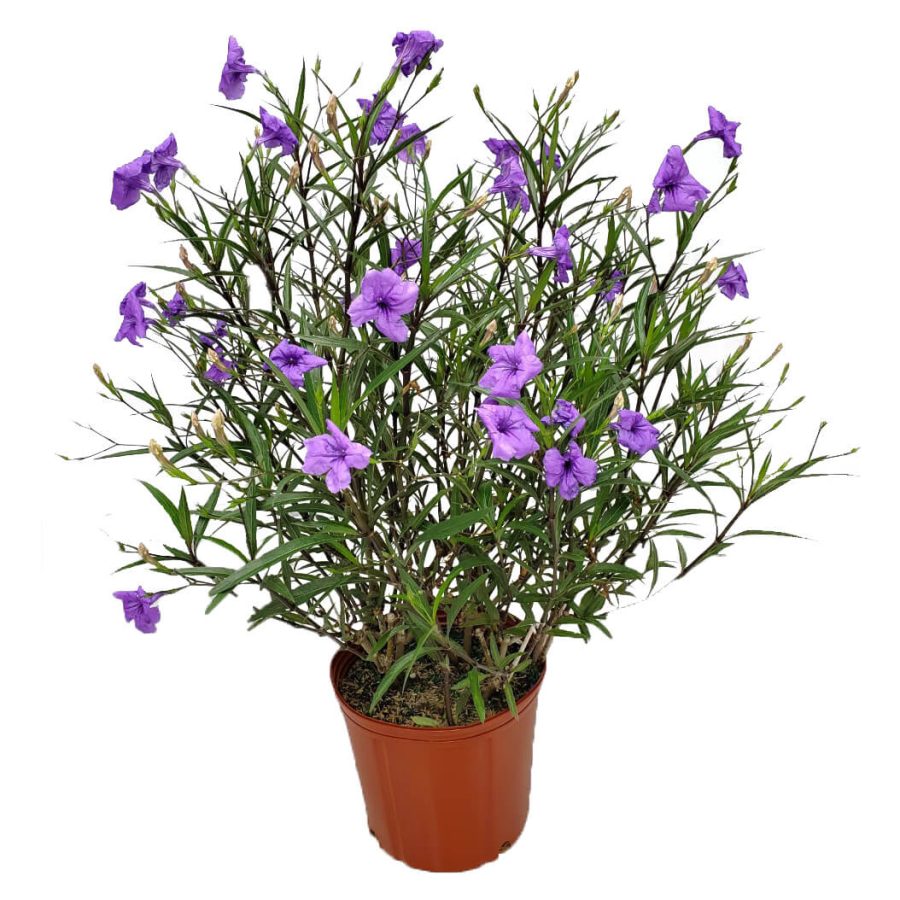National Plant a Flower Day
Happy National Plant a Flower Day!
Happy National Plant a Flower Day! Today, we celebrate the beauty of nature and the joy it brings into our lives. Whether you’re an avid gardener or just starting out, there’s no better time to get your hands dirty and plant some flowers. Learn about the significance of this special day and check out some tips for creating your own vibrant garden oasis.
The Significance of National Plant a Flower Day
National Plant a Flower Day falls on March 12th each year, marking the beginning of the spring planting season in many parts of the world. It’s a time to embrace the renewal and growth that comes with the changing seasons, as well as an opportunity to connect with nature and the environment.
Planting flowers is not only a delightful pastime but also an important act of environmental stewardship. Flowers provide essential habitat and food sources for pollinators such as bees, butterflies, and hummingbirds. By planting flowers in your garden, you’re not only beautifying your surroundings but also supporting biodiversity and ecological balance.
Plant a Flower Outdoors:
Choose The Right Location
Before you start planting, take some time to assess your garden’s sunlight exposure, soil quality, and drainage. Different types of flowers have varying requirements, so it’s essential to select a location that suits your chosen plants.
Select The Right Plants
Consider factors such as climate, soil type, and maintenance requirements when choosing which flowers to plant. Native plants are often a good choice, as they’re well-adapted to the local environment and require less water and maintenance.
Prepare the Soil
Healthy soil is the foundation of a successful garden. Amend your soil with compost or organic matter to improve its structure and fertility before planting. This will provide essential nutrients for your flowers and help them establish strong root systems.
Plant with Care
When planting your flowers, be sure to space them properly and plant them at the appropriate depth. Water them thoroughly after planting to help settle the soil and reduce transplant shock.
Maintain With Care
Regular maintenance is key to keeping your garden looking its best. Water your flowers regularly, weed diligently, and deadhead spent blooms to encourage continued flowering throughout the season.
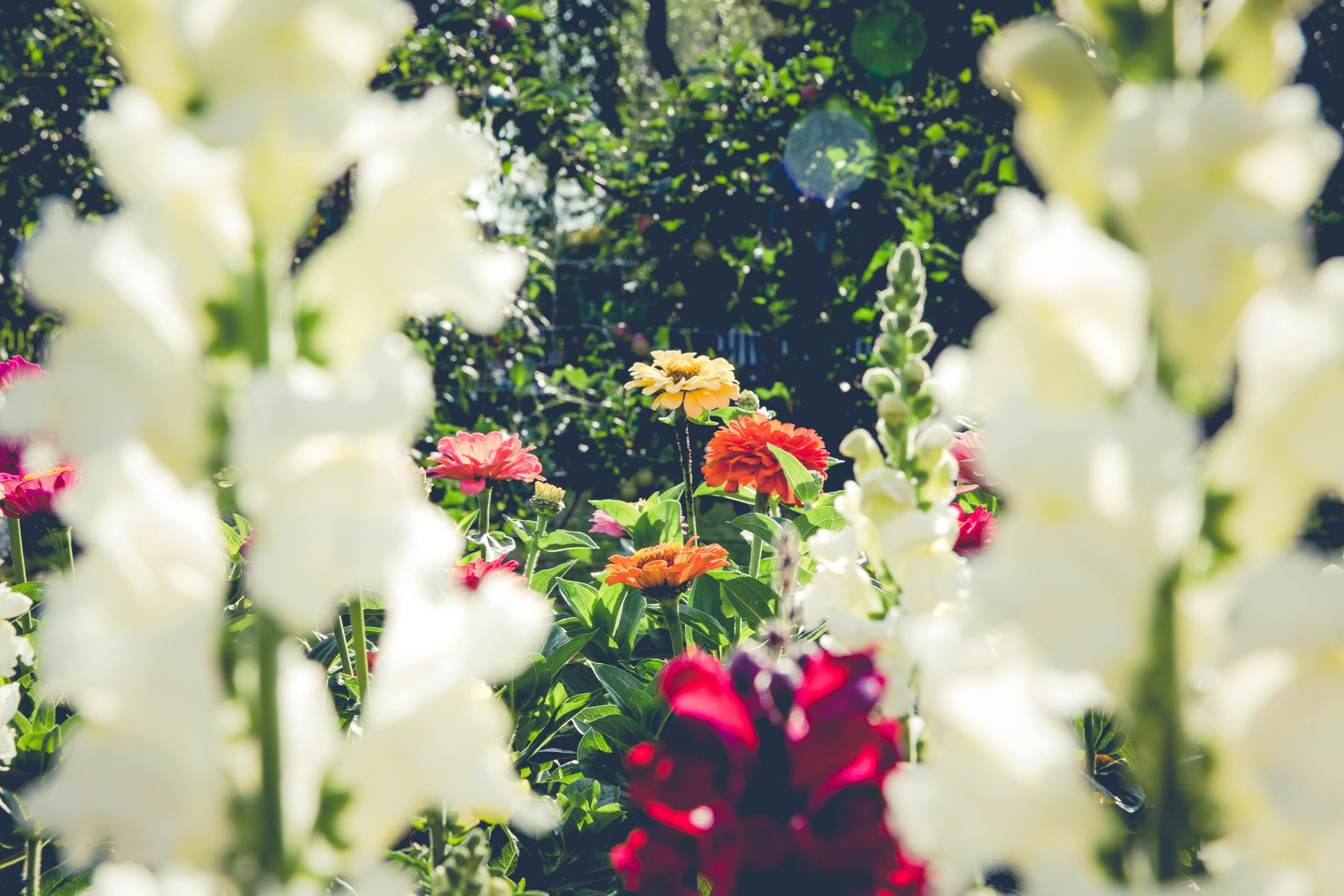
Plant a Flower Indoors:
Choose the Right Container
When planting flowers indoors, selecting the appropriate container is crucial. Opt for containers with drainage holes to prevent waterlogged soil, or use a layer of gravel at the bottom of the pot to facilitate drainage. Additionally, consider the size of the container—make sure it’s large enough to accommodate the plant’s root system as it grows.
Select Suitable Plants
Not all flowers thrive indoors, so choose varieties that are well-suited to indoor growing conditions. Look for plants that tolerate lower light levels and can thrive in the relatively stable temperatures found indoors.
Provide Adequate Light
Adequate lighting is essential for indoor plants to thrive. Place your flowering plants near windows where they can receive sufficient natural light, ideally facing south or west for the brightest exposure. If natural light is limited, supplement with artificial grow lights to ensure your plants receive the light they need to flourish.
Water Properly
Proper watering is critical for indoor flowering plants. Check the moisture level of the soil regularly and water when the top inch of soil feels dry to the touch. Be careful not to overwater, as this can lead to root rot and other issues. Consider using a moisture meter to accurately gauge soil moisture levels and avoid guesswork.
Monitor Humidity Levels
Indoor environments tend to have lower humidity levels, which can be challenging for some flowering plants. Increase humidity around your plants by placing them on a tray filled with pebbles and water, or use a humidifier to maintain optimal humidity levels. Misting the leaves of your plants with water can also help boost humidity.
Fertilize Appropriately
Indoor plants may require supplemental fertilization to thrive, as they have limited access to nutrients compared to outdoor plants. Choose a balanced, water-soluble fertilizer specifically formulated for flowering plants and apply it according to the manufacturer’s instructions. Be cautious not to over-fertilize, as this can damage your plants.
Prune Regularly
Regular pruning is essential for maintaining the health and appearance of indoor flowering plants. Remove any dead or yellowing leaves, as well as spent flowers, to promote new growth and flowering. Pruning also helps control the size and shape of your plants, keeping them tidy and attractive.
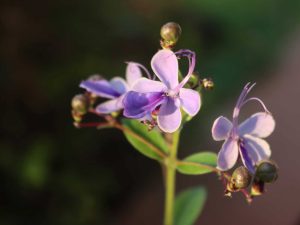
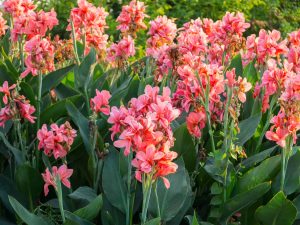
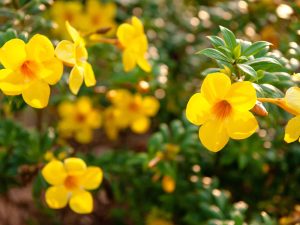
Ready to Plant A Flower?
Transform your indoor space into a lush oasis of beauty and tranquility with Tropical Plants of Florida. Our wide selection of exquisite flowers offers something for every taste and style, whether you’re a seasoned gardener or just beginning your floral journey.
This spring, bring the vibrant colors and fragrant blooms home. Here is part of our curated selection for spring flowers to add to your garden.
-
Mandevilla Trellis Pink Alice Du Pont
From $29.99 This product has multiple variants. The options may be chosen on the product pageRated 4.89 out of 5 -
Yoder Pink Hibiscus Bush
From $27.99 This product has multiple variants. The options may be chosen on the product pageRated 5.00 out of 5
With TPOF, you can bring the beauty of springtime into your home with ease. Explore our wide selection of flowers and discover the perfect additions to brighten up your indoor space. Whether you’re looking for classic favorites or unique and exotic varieties, we have something for everyone.
Don’t wait—start your spring floral journey with TPOF today and create a blooming paradise in your own home!

